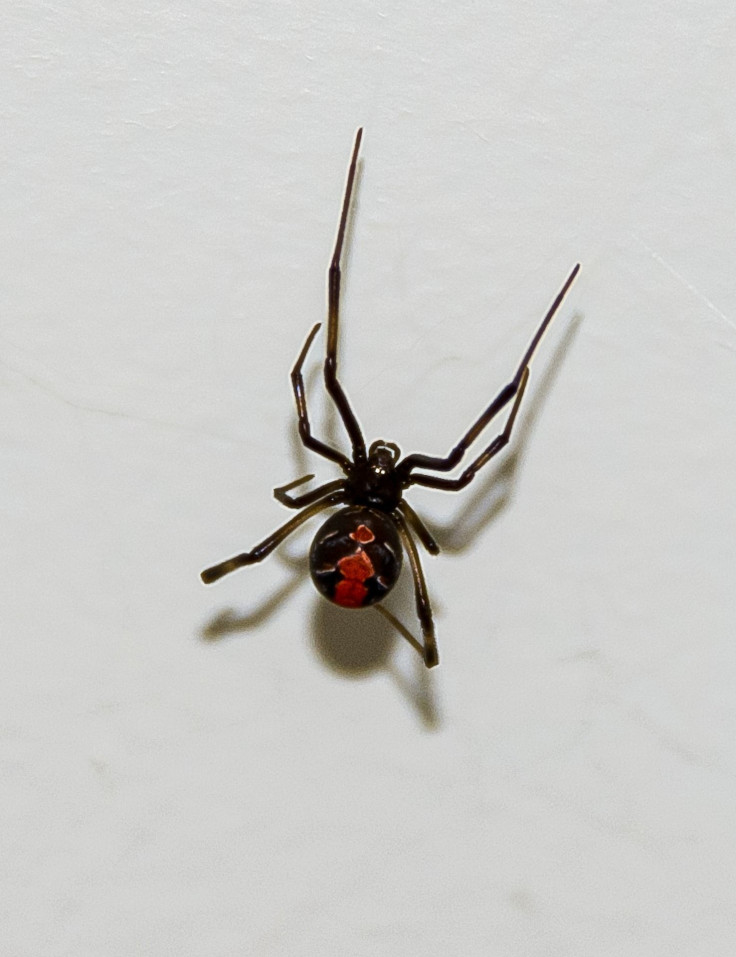Venomous Spider Bites Man's Penis in Portable Toilet For The Second Time

If his spidey sense was tingling, the Aussie ignored it — and now he’s been bitten on the penis by a venomous spider for the second time this year.
The BBC reported that Jordan, a 21-year-old Australian man at work on a building site in Sydney, was using a portable toilet when the spider came along, biting down on "pretty much the same spot" another spider had bitten just five months before. He went to the hospital in severe pain after the first incident, and was treated and released, the BBC reported. He was also treated and released this time around, and is expected to return to work soon.
Jordan, a tradesman who declined to give his last name to the BBC, reportedly had become wary of portable toilets after the first bite. But after the facilities were cleaned, he went in, "had a look under both seats and then I sat down, did my business," he told The BBC. That's when he "felt the sting that I felt the first time. I was like 'I can't believe it's happened again.' I looked down and I've seen a few little legs come from around the rim."
It had indeed happened again.
"Next thing you know, I'm bent over in pain," he told the BBC. "I'm the most unlucky guy in the country at the moment."
Jordan said he wasn't sure what kind of spider bit him this time around, but a redback spider had been the culprit for the first incident in April. The redback, which can be found all over Australia, is related to the black widow spider, according to National Geographic, and the only mark distinguishing it from its infamous kin is a red stripe on its abdomen.
Its venom is neurotoxic, meaning it acts directly on the nerves, but only a female redback's bite is dangerous, according to National Geographic. When it enters an insect, it paralyzes the victim "and digestive enzymes begin to dissolve the prey's insides."
The health ministry in New South Wales, the Australian state where Sydney is located, lists severe pain, sweating, nausea and headache as symptoms of redback bites in humans and says they could last for hours or days, but it notes that the venom is not life-threatening.
Despite its deadly bite, National Geographic notes the spider is not much of a hunter and won't seek out a person to chew — its usual victims are walking insects that become entangled in her web.
Though Jordan may be returning to his job site soon, he told the BBC he was unlikely to use the portable toilet again.
Published by Medicaldaily.com



























